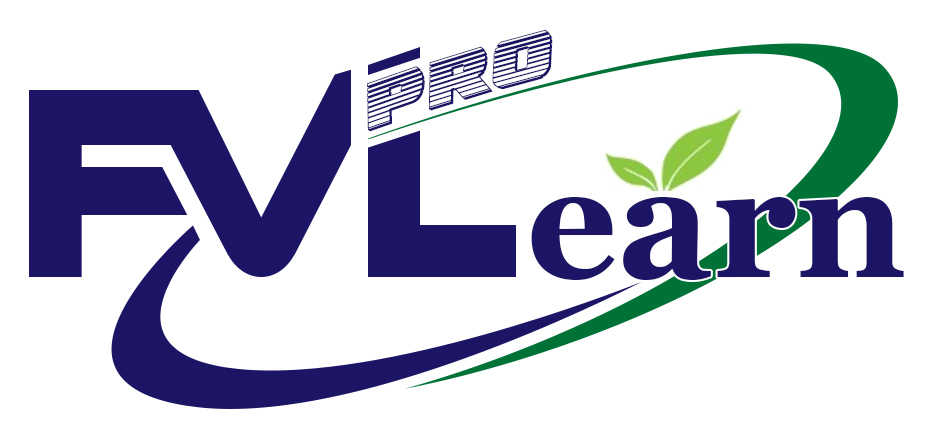Food Plant Sanitation for Supervisors
The training on Food Plant Sanitation for Supervisors has the following Learning Objectives.
- Cleaning Vs Sanitation
- Understanding Role of Chemicals – Detergents, Surfactants, Sanitizers
- Modes of Sanitation
- CIP, COP or Deep Cleaning
- Role for Sanitary Design in Effective Sanitation
- Allergens and Sanitation
- Food Regulations and Sanitation
- Role of pre-operational or post-operational inspection and sanitation audits
This training is completely self-paced, so you can begin at any time and set your own pace. Training duration is 30 days from signup/assigned date.
On purchase, or if company enrols you in a training, you will receive an email invitation to signup on the portal. Upon login you can access assigned/purchased trainings from "My Courses/Trainings" tab. You can access the trainings from any device with a live Internet connection. The training will work on a desktop, laptop, tablet, and smartphone.
Online trainings provide unparalleled convenience and flexibility. You can take the training anytime and anywhere; on any device you own.
You can email your instructor directly at training@foodvisioninc.com or utilize the training discussion board.
Currently trainings are offered in English language only.
Training is in audio visual format. You need to watch all the videos.
Trainee must have basic understandings of English language. Trainee must have a computer/mobile/tablet along with stable internet connection to attempt the training. Trainee must be familiar with basic use of computer.
Conceptual understanding from video lectures will be examined by an exam (where applicable) (multiple choice, true/false etc). You need to watch all the videos to complete the course.
Soft copy of test results (if applicable) will be emailed right after test submission. You can always access your current and previous results from your portal using your credentials.
Course completion/qualification certificates will be awarded to qualifying trainees right after course completion or exam submission through email. Trainees can download and print it later from their respective portals.
Full refund before the course is attempted, No refund will be processed if a candidate has started a course.
- Basic Instructions
- Introduction
- Module 1 – Introduction – Food Plant Sanitation?
- Module 2 – Microbiological and Chemical Concerns in Food Pla...
- Module 3 – Essentials of Food Plant Sanitation
- Part 1 - Basics of food plant sanitation
- Part 2 - How to Clean and Sanitize? Step by Step
- Part 3 - CIP, COP, Manual/Automated Sanitation and Confined...
- Part 4 - Activity and Area based Sanitation Implications
- Module 4 - Allergens and Sanitation
- Module 5 – Sanitation PPEs, Tools, Aids and Accessories
- Module 6 – Food Plant Regulations and Food Plant Sanitation
- Module 7 – Role of Inspections and Audits in Food Sanitation
- Final Qualification Exam
FVPRO Learn
solutions@fvprolearn.com
FVPRO LEARN
Since 2000 !
Your Partner in food Business Excellence
A leading mentoring, coaching, learning, and auditing resource with its prime focus on “food business excellence”. We endeavor to nurture food safety cultural mindset through “TQM – total quality” approach and promote a food business environment that ensures first time quality.
